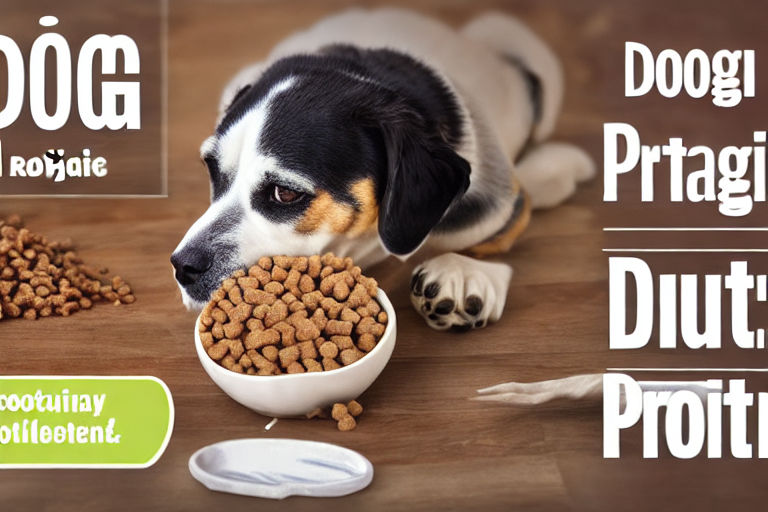The Ultimate Guide to Understanding Your Dog's Nutritional Needs
As dog owners, we want the best for our furry friends. One of the most important aspects of their health is nutrition. Just like humans, dogs require a balanced diet to maintain their physical and mental well-being. However, not all dog foods are created equal. Understanding your dog's nutritional needs can be overwhelming, but with the right knowledge, you can ensure your dog is getting the nutrients they need.
Understanding the Basics of a Dog's Nutritional Needs
Dogs require six basic nutrients for optimal health:
- Water
Water is essential in keeping your dog hydrated and healthy. It helps regulate body temperature, supports digestion, and transports nutrients throughout the body.
- Protein
Protein is necessary for building and repairing tissues, and it is essential for muscle development and immune function.
- Fat
Fat provides a concentrated source of energy for dogs and helps absorb vitamins and minerals.
- Carbohydrates
Carbohydrates provide energy and fiber essential for proper digestion.
- Vitamins
Dogs require a variety of vitamins to maintain good health, including A, D, E, K, B-complex, and C.
- Minerals
Minerals such as calcium, phosphorus, and potassium are important for bone health, muscle function, and fluid balance.
Choosing the Right Dog Food
Choosing the right dog food can be daunting. Here are some tips to help you make the best decision:
-
Look for a label that states the food meets the AAFCO (Association of American Feed Control Officials) nutrient profiles.
-
Read the ingredients list. Ideally, the first few ingredients should be a high-quality protein source.
-
Avoid foods that contain artificial preservatives and additives.
-
Consider your dog's age, breed, and activity level when selecting food.
-
Avoid free-feeding to prevent overeating.
Understanding Food Allergies and Intolerances
Dogs can have food allergies and intolerances just like humans. Common symptoms include skin irritation, vomiting, diarrhea, and ear infections. If you suspect your dog has a food allergy or intolerance, consult your veterinarian. They may recommend an elimination diet or a hypoallergenic diet.
Key Takeaways
Understanding your dog's nutritional needs is crucial for their overall health and well-being. Choose a high-quality dog food that meets the AAFCO nutrient profiles, feed your dog based on their age, breed, and activity level, and monitor their reaction to food. With the right knowledge, you can ensure your furry friend is healthy and happy for years to come.



